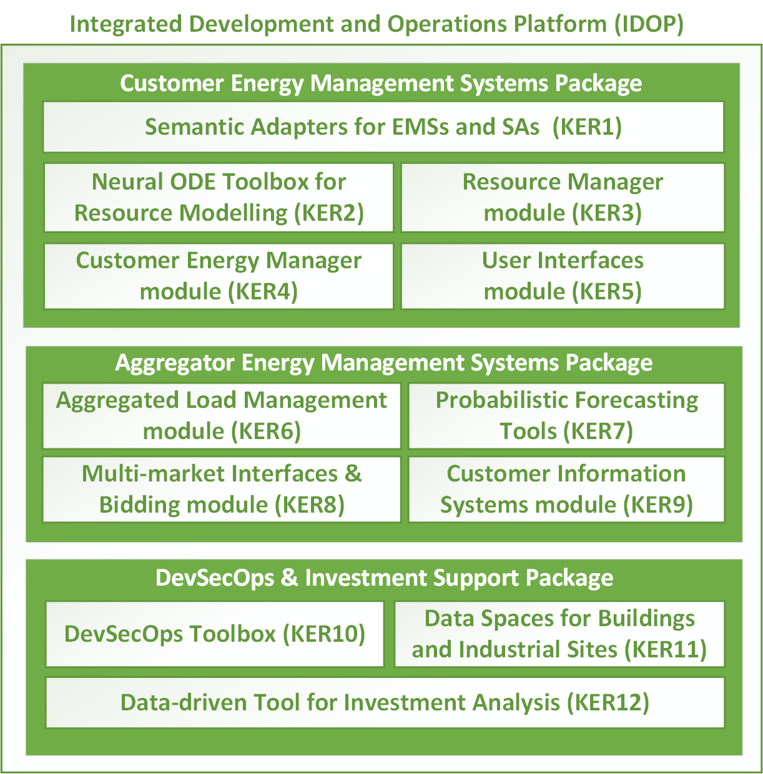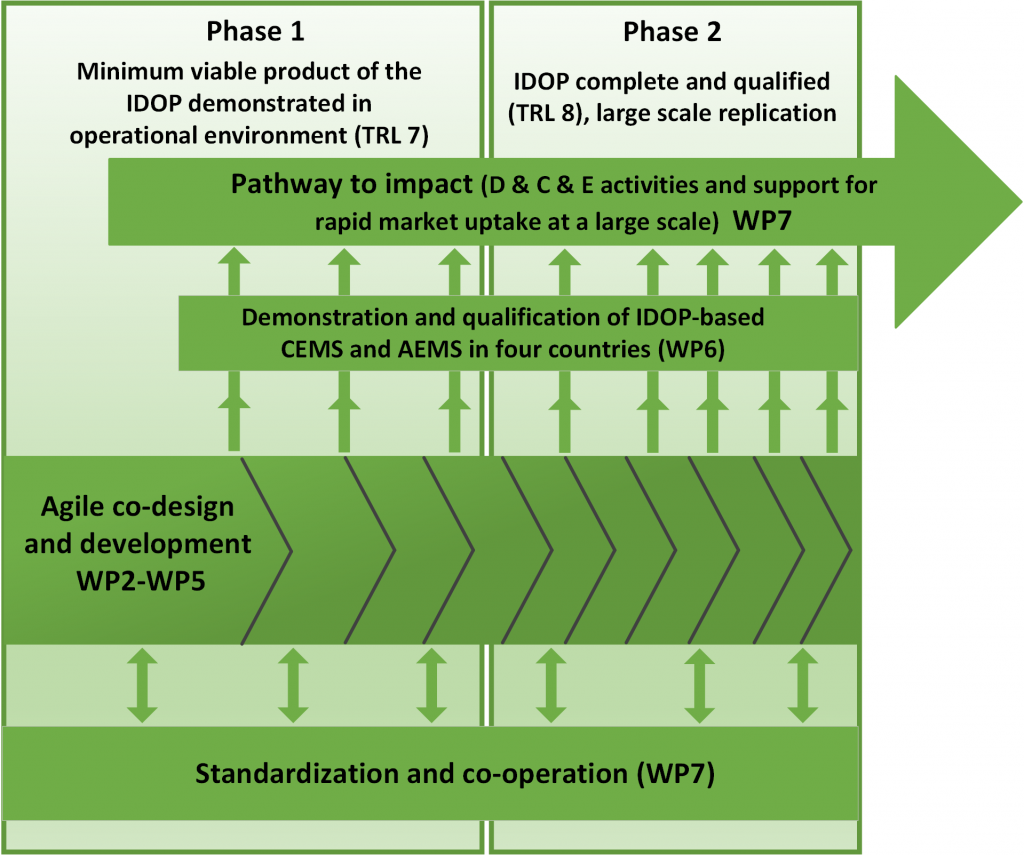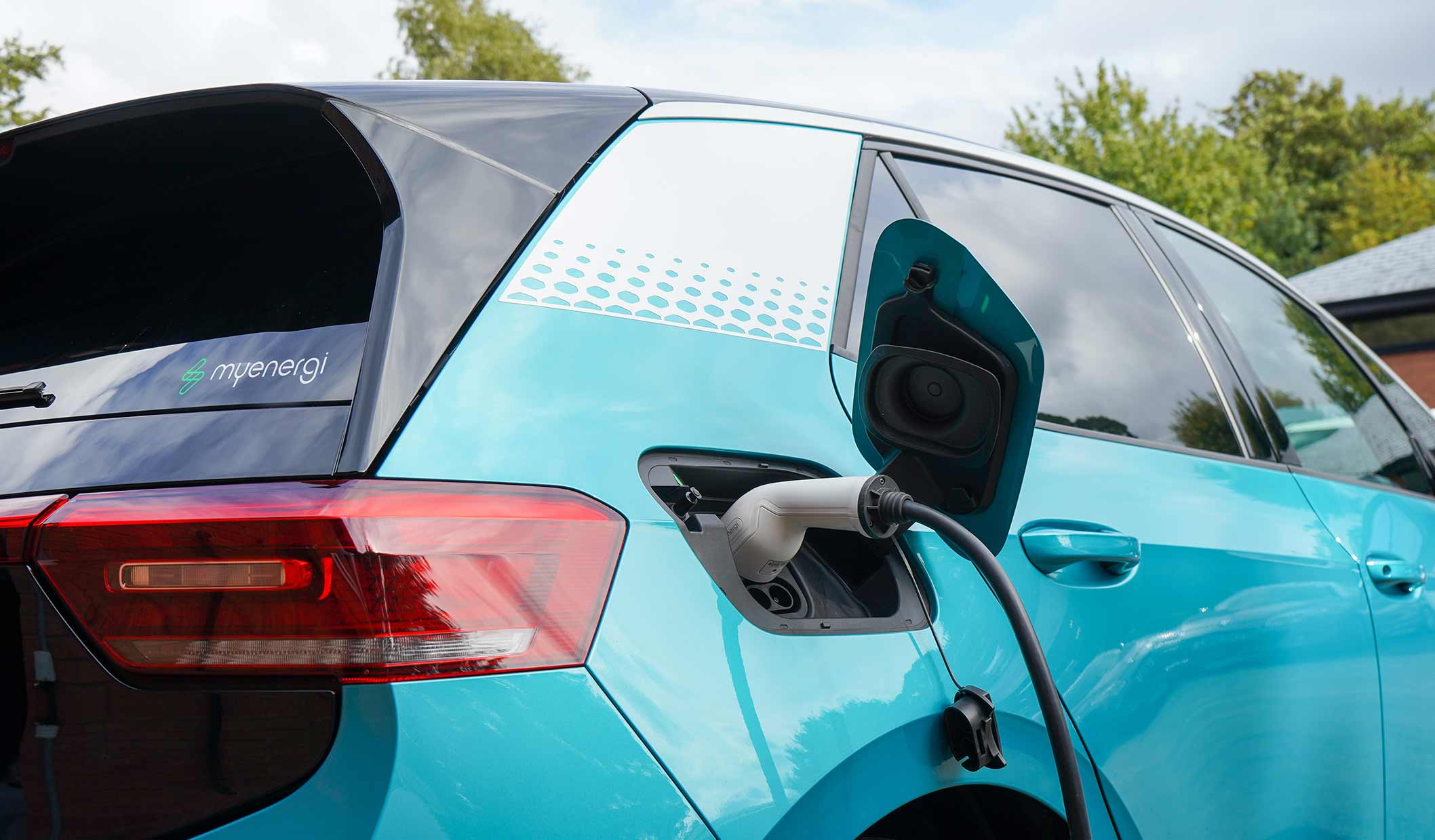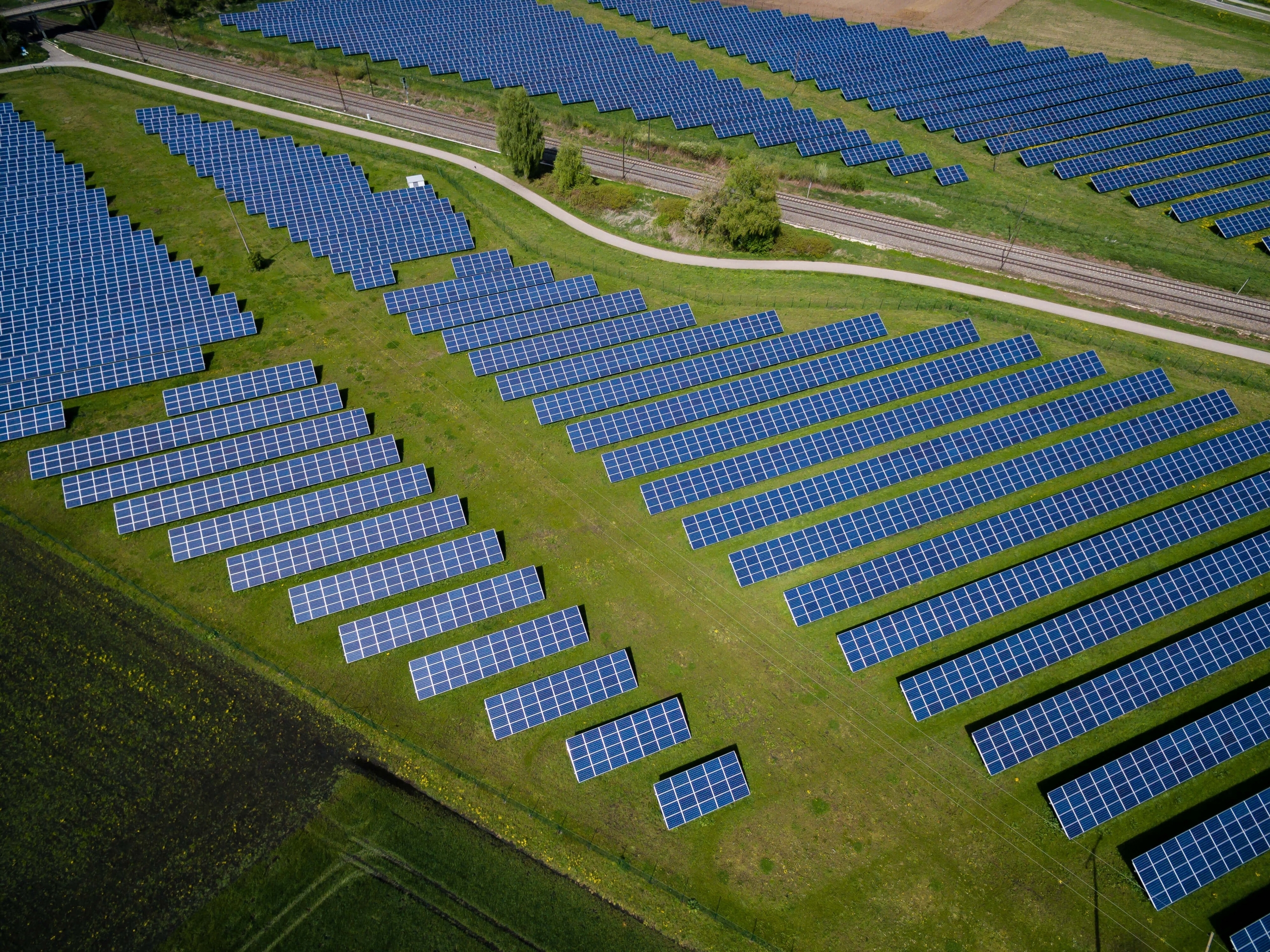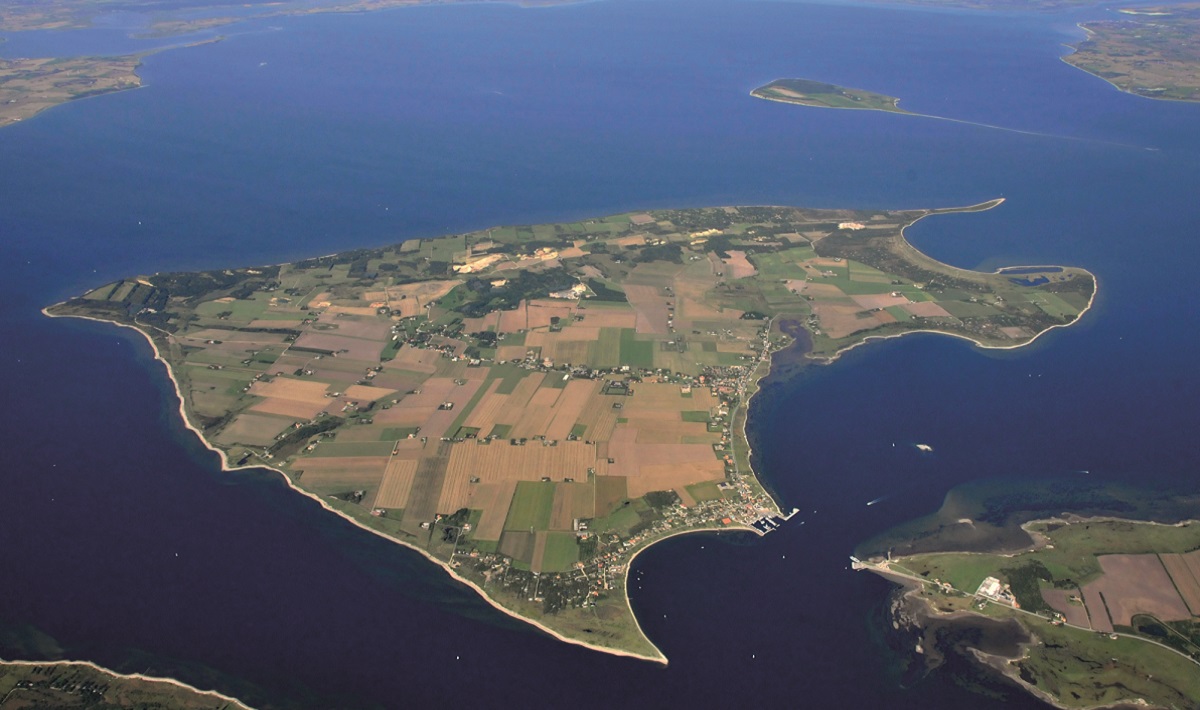
INDEPENDENT
Integrated Development Platform for Customer and Aggregator Energy Management Systems
The INDEPENDENT project is a 36-month Innovation Action Project co-funded by the European Commission through the Horizon Europe Framework Programme for Research and Innovation as part of the destination Sustainable, secure and competitive energy supply.
The project is developing an integrated software platform for seamless deployment of standard-compliant Customer and Aggregator Energy Management Systems (CEMS & AEMS) in buildings and industrial facilities.
The platform leverages advanced hybrid-modelling and neural network technologies to deliver automated, precise and reliable predictions of resource loads and flexibility, as well as optimal control strategies. It also offers automated integration with legacy systems and enables multi-market participation using probabilistic forecasting and bidding.
The services to be populated are developed and tested at pilot sites in four European countries:
a) Finnish pilots involve a variety of large buildings and an industrial site, a large supermarket, and office spaces.
b) Slovenian pilots include both households and industrial sites
c) A German pilot includes 10 private households and an industrial site
d) Swedish pilots comprise 100 households, to be scaled to 200 in the second phase.
In a second phase, the populated services are replicated at other pilot sites with different stakeholders and constraints.
Interoperability and replication are backed up by full compliance with demand-side flexibility management standards, including the EN 50491-12 and IEC 62746 standard families and the Smart Applications REFerence ontology (SAREF). Additionally, Gaia-X-compatible data spaces are provided to govern building and site data
Project data

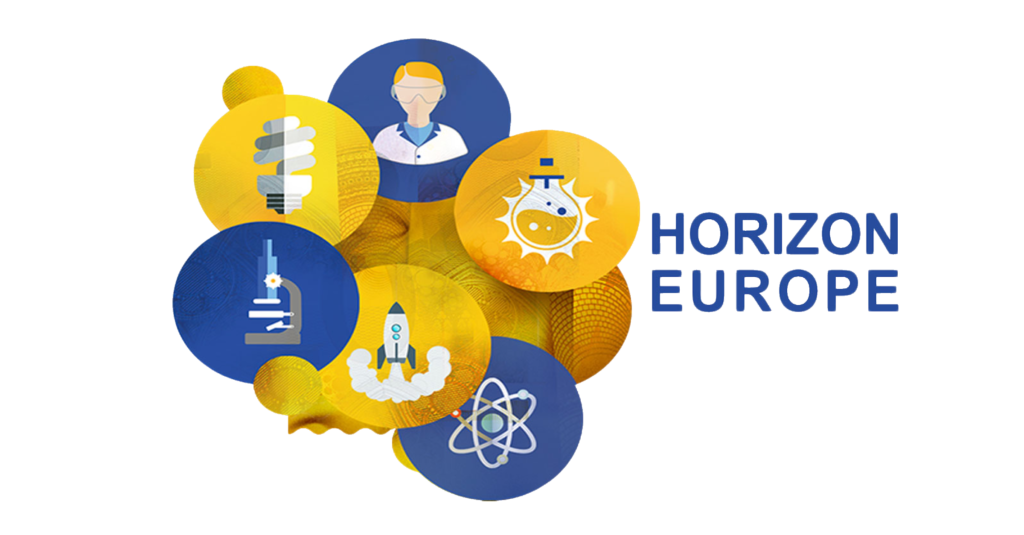
Rationale
Energy systems in Europe and worldwide are transforming towards renewable and distributed power generation. With the increase of generation from renewable energy sources (RES) such as wind power and photovoltaics (PV) the variability of generation also increases dramatically.
The INDEPENDENT project will be a major breakthrough enabling modular development and plug-and-play deployment of standard-compliant Customer and Aggregator Energy Management Systems. The Integrated Development and Operations Platform (IDOP) will cover 90% of the flexibility available in buildings and industrial sites and provide advanced Artificial Intelligence (AI) solutions for automated resource modelling, probabilistic forecasting, optimal control, and automated integration of legacy systems.
This will significantly increase the monetary and environmental benefits (e.g., reduced energy costs and CO2 emissions) while at the same time reduce the development, deployment, and operational costs, making Demand-side flexibility management a sustainable business at a large scale. IDOP will be fully compliant with the latest (and the key upcoming) standards to ensure interoperability between energy management systems aggregators and markets.
The following specific needs will be addressed:
Accurate, robust, and automated modelling of energy assets in houses and industry: IDOP will provide innovative hybrid models, based on Neural Ordinary Differential Equations (Neural ODE), for accurate, robust and automated modelling of the most potential flexible resources, including heating, ventilation, and air conditioning (HVAC) systems, electric vehicle (EV) charging and industrial processes, covering over 90% of the available flexibility.
Optimal flexibility management and aggregation of CEMS in multi-market settings: Models will be provided for multi-market bidding optimisation which can take uncertainty and risks properly into account so that the value of flexibility can be maximized.
Seamless integration and plug-and-play deployment of CEMS on legacy infrastructure in buildings and industry: To support rapid development of AI-based models and data-driven services, the INDEPENDENT IDOP will support common data spaces, which enable seamless access to data from buildings and industrial sites while prioritizing data governance and ensuring the integrity and security of data.
Platform
The platform consists of three main packages dedicated to the development of packages to support efficient deployment and secure operations of the systems, with data spaces for sharing data across stakeholders and investment planning tools. Each module in the packages is designed to provide an open interface and be deployed as a micro service, making it easy to integrate and deploy.
The Customer Energy Management System (CEMS) Package is aligned with the CEMS architecture introduced in the EN 50491-12-1 standard and consists of five modules: Semantic adaptors for Energy Management systems and smart appliances, Neural ODE box for resource modelling, Resource manager module, CEMS module, and user interface module
The Aggregator Energy Management System (AEMS) Package consists of four modules: Aggregator load management module, Probabilistic forecasting module, Multi-market interface and bidding module, and Customer information management systems module.
The Development, security, and operations (DevSecOps) & Investment Support Package consists of three modules: DevSecsOps toolbox, Data spaces for buildings and industrial sites, Data-driven tool for investments analysis.
The IDOP is designed to support all three optimisation types (i.e., local control, implicit DR and explicit DR) defined in the EN 50491-12-2 standard and will be demonstrate with transparent aggregation of demand-side flexibility in multi-market operation, including TSO-DSO cooperation.
Methodology
The INDEPENDENT project employs a constructive research method and demonstrates the market readiness of the IDOP by qualifying complete DSFM systems in large scale pilots. The project will embrace an agile research and development approach and incorporate a DevSecOp strategy to ensure market readiness and short time-to-market for the IDOP.
The project comprises two main phases, each consisting of several agile R&D iterations. Each iteration includes the following main steps: 1) requirement engineering and architecture design, 2) IDOP and business model development, and 3) demonstration and validation of market readiness.
The goal of the first phase is to validate an IDOP prototype that enables demonstration of CEMS and AEMS in operational environment.
The main purpose of the second phase is to demonstrate and qualify the market readiness, scalability, and replication potential of complete CEMS/AEMS based on the IDOP.
Expected Project Outcomes
INDEPENDENT will contribute to new energy management systems for flexibility services by delivering the following tangible outcomes:
- integration of RES in the energy system by solving the three main challenges currently hindering the adoption of DSFM solutions at a large scale;
- demonstration of aggregation of multiple (building or industrial) energy management systems to provide flexibility services (wholesale market price signals, demand response, flexible production, smart charging, balancing & frequency services, congestion management) to the electricity network;
- increase the resilience and flexibility by providing a standard compliant IDOP that enables rapid development and plug-and-play deployment of CEMS/AEMS to support system balancing both in normal operation and under difficult circumstances;
- enable cost-efficient development, deployment, and operations of CEMS and AEMS to be accompanied with sustainable business models that
provide a fair share of benefits for all stakeholders.
In-JeT’s role in the project
In-JeT will be engaged in defining the validation framework, stakeholder involvement and in tasks related to business modelling and replication.
In-JeT also has a leading role in ethics management of the project and providing advice on how to manage user participation in the demonstrations in the compliance with legal and ethical requirements.
In-JeT will be finally be leading communication and dissemination activities, involved in collaboration with BRIDGE and other EU initiatives, and management of the project website and social media.
Partners
- VTT Technical Research Centre of Finland Ltd, Finland (Coordinator)

- Institut “Jožef Stefan”, Slovenia

- Consolinno Energy GmbH, Germany

- Smart Com d.o.o., Slovenia

- In-JeT ApS, Denmark
- Caverion Suomi Oy, Finland

- CheckWatt AB, Sweden

- Elektro Celje d.d., Slovenia

- ECE d.o.o., Slovenia

- Fortiss GmbH. Germany

- amibit energetski sistemi, d.o.o., Slovenia

- Volue Enerim Oy, Finland

- NIBE Aktiebolag
- Robert Bosch GmbH
Funding
Co-funded by the European Commission under the Horizon Europe Research and Innovation Programme.


